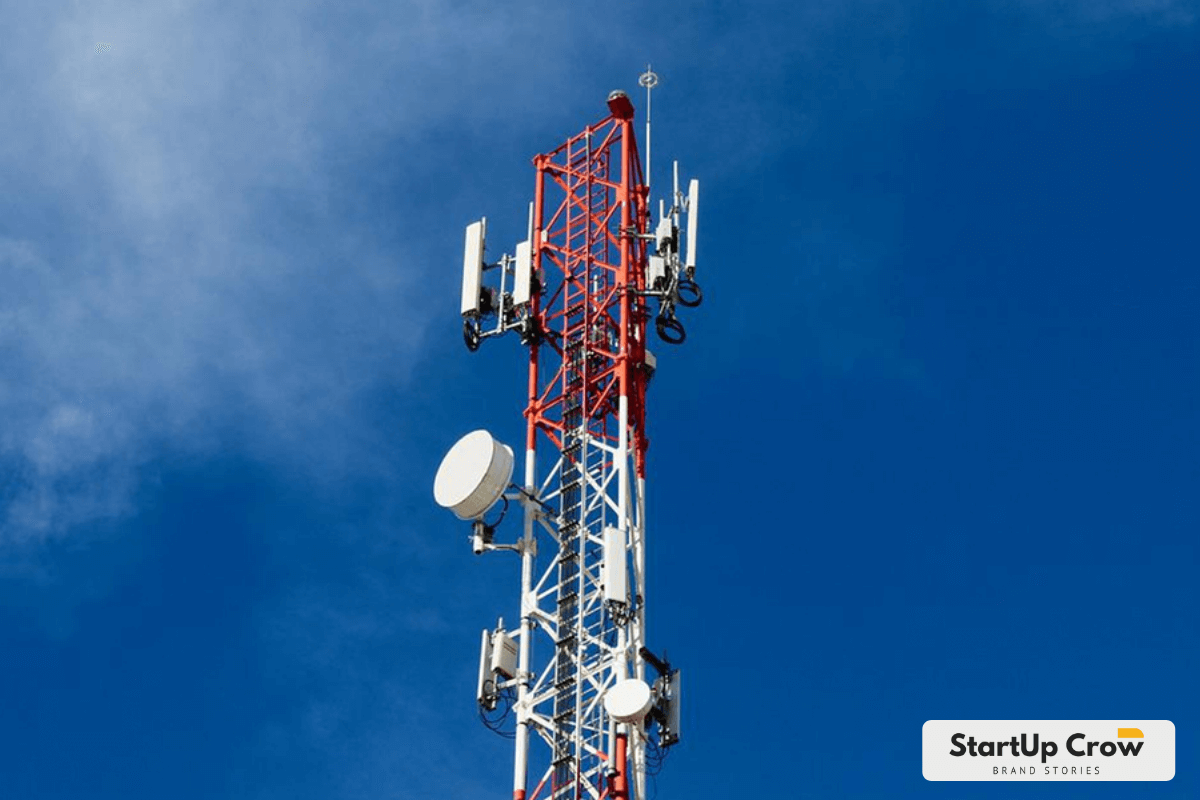The Telecommunications Regulatory Authority of India has defended its landmark rules for Net Neutrality in correspondence with the Ministry of Telecommunications, TRAI argued that setting up a body to advise the government on enforcing network neutrality rules would not run counter to government austerity measures in the light of the COVID-19 pandemic and would be in accordance with bodies already established by the Indian Government.
TRAI
Some background Pure neutrality is the principle that all information on the Internet should be treated equally, without discrimination in price or speed. As of 2018, India has the strongest net neutrality rules in the world, restricting telecommunications operators from zero rating selected parts of the Internet or having faster sections of the web for selected content providers.
The Pure Neutrality Rules are why telecommunications providers in India have not been able to offer discriminatory plans like their counterparts in other countries like Bangladesh and Sri Lanka, such as plans that only allow WhatsApp access or allow their own streaming services such as Jiocinema, Vi Movies and TV, or Airtel xstream to be broadcast by customers for free, while charging customers for access to other competing streaming services.
The issue of enforcing these rules was not very simple – TRAI issued separate recommendations to do so in 2020 and proposed a multi-stakeholder body that would advise the government to set guidelines for ISPs to follow. These guidelines may include what kind of traffic management practices they can follow to deal fairly with the burden on their networks while complying with the principles of Pure Neutrality.
Read : Reliance in talks to acquire WOW Skin Science
However, the government rejected this recommendation in 2021, arguing that austerity measures in the aftermath of the COVID-19 pandemic were an obstacle to the creation of such a body. The Internet Freedom Foundation, which was founded on the success of its founders in pushing for the first rules of net neutrality in India, sounded the alarm in this revelation last year. The IFF said that some telecommunications companies discriminate against certain types of Internet content and block it with impunity justify oversight by an independent body such as that proposed by TRAI.
the telecommunications regulator has responded to the government’s concerns by defending its recommendation. Sanjeev Kumar Choudhary, Joint Advisor at TRAI, wrote in a letter in December 2021 that the principle does not provide for challenges to the establishment of the MSB [Multilateral Body] as recommended, even if the number of members [exceeds] 1500 as stated in the letter . There are a number of similar bodies with a large number of members. For example, NASSCOM has 2800 and CII has 125000 members per day.
Further, TRAI argued that the cost of setting up this body should be borne by the body itself once established. Previously MSB was proposed as [a] non-profit organization and the expense, if any, [is] to be borne by the agency once it receives [its] set fee and other things [that] can be decided by MSB. said Choudhary. (emphasis added)
TRAI added that its recommendations for 2020 highlighted approaches adopted in other areas where government agencies have been involved in setting up similar structures. The regulator pointed to the Telecom Standards Development Society of India, an organization that recently developed a domestic standard for the fifth generation of telecommunications networks, called 5Gi, which has been approved by the International Telecommunication Union.
The telecommunications department also complained that TRAI did not provide a list of traffic management practices under which the DoT could regulate ISPs. The telecommunications regulator responded that such measures taken by telecommunications to manage congestion are transient and dynamic in nature and that they vary widely between telecommunications, requiring oversight by a different team, such as that proposed by TRAI. .
Five months after this letter was sent to the DoT, there was no apparent move towards setting up a Net Neutrality Advisory Board. It is not clear if the DoT has responded to this letter – we contacted the government to find out.
The Net Neutrality rules, combined with the entry of Reliance Jio in 2016, were a signal

